Ah, the dreaded music publishing topic… As an artist or producer, you have to be able to answer the question, “What is music publishing?” in order to protect your rights.
As well as maximize your earnings and make sure your tracks are always properly credited and paid for (which is super important).
Understanding music publishing allows you to master the complexities of the music industry 一 ensuring you’re getting the most money possible from your music.
Plus, being well-versed in music publishing means you can negotiate better deals, secure sync placements, and manage your royalties without worrying about missing out on a bag.
That’s why we’re diving deep into everything you need to know about what is music publishing, like:
- The basics of music publishing ✓
- Different types of music publishing deals ✓
- PROs (Performing Rights Organizations) ✓
- How performance royalties work ✓
- Earning mechanical royalties ✓
- Maximizing sync licensing opportunities ✓
- The importance of copyrights ✓
- Navigating licensing and different types ✓
- Choosing the right music publisher ✓
- Music rights & how to avoid common mistakes ✓
- The pros and cons of self-publishing ✓
- Pro tips for boosting your royalty earnings ✓
- Much more about what is music publishing ✓
After reading this article, you’ll know everything about music publishing and its crucial role in your music career.
This way, you can confidently manage your rights, secure sick deals, and make sure you’re getting paid every time your music is played, streamed, or used in any media.
So, let’s dive in…
Table of Contents
What is Music Publishing? Breaking Down the Basics
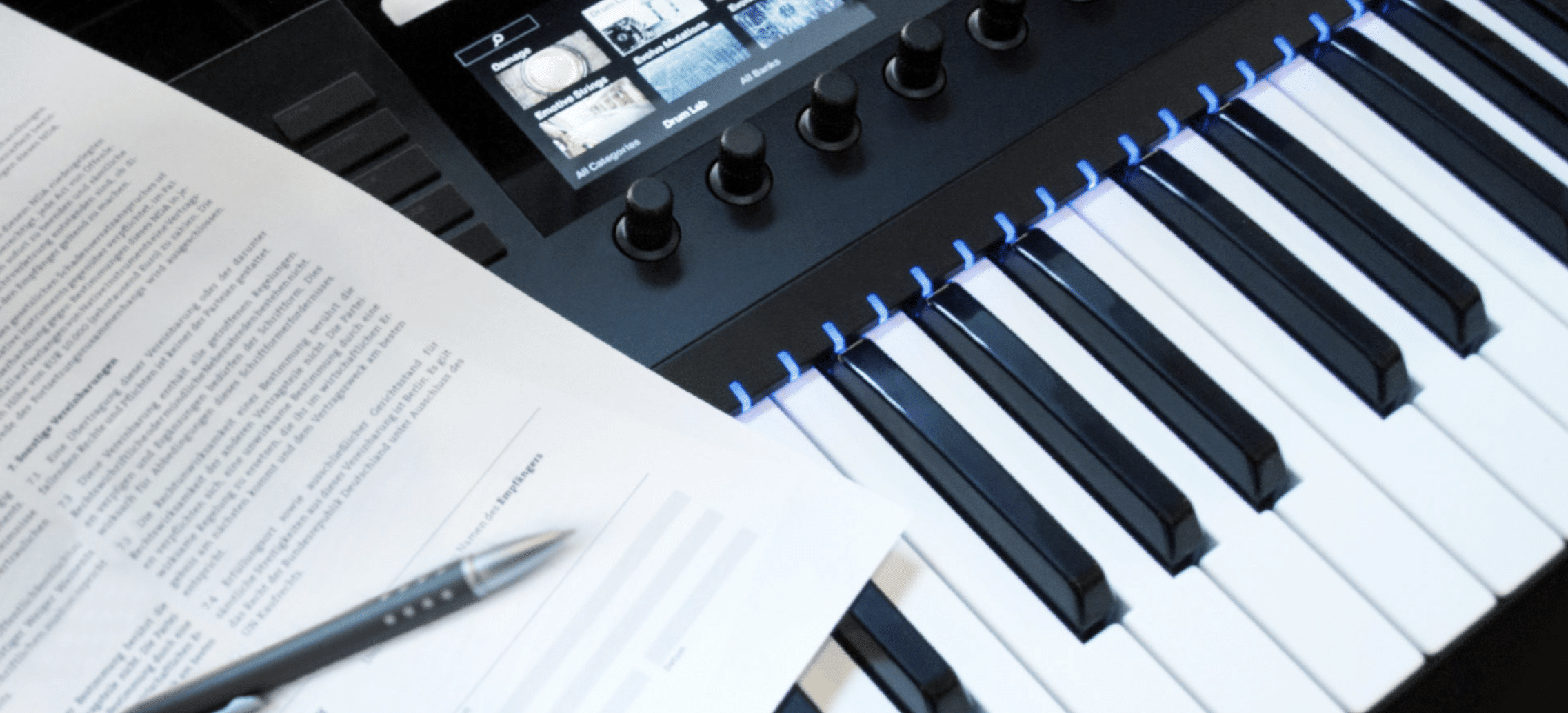
When you hear the term “music publishing,” you might picture an office full of suits or a complicated legal process.
But in reality, music publishing is the backbone of the music industry, managing the rights to your new songs and making sure you get paid every time your music is used.
As a producer or artist, understanding what is music publishing can make a huge difference in your career, period.
Essentially, music publishing is all about protecting your music as intellectual property, whether it’s through:
- Performance royalties
- Mechanical royalties
- Sync licensing royalties
A music publisher is going to play a key role in this process because they’re actually the ones managing your publishing rights and helping you collect royalties.
Yes, you could do it yourself (which we’ll talk about at the end), but they can save you some serious time and frustration.
Without the right music publishing company or publisher, you could miss out on the royalties generated from your musical compositions and performances.
And especially when your music gets streamed on digital platforms, which is what it’s all about nowadays.
Don’t worry, we’ll be breaking everything down in detail throughout the article so you don’t miss out on anything.
Types of Music Publishing Deals
When diving into the world of what is music publishing, it’s important to understand the different types of publishing deals you might encounter. Each deal has its own benefits, depending on where you are in your career and what kind of control you want to maintain over your music. So, let’s break it down.
-
Traditional Publishing Deals

In a traditional publishing deal, you as the songwriter or producer assign the rights to your music to a music publisher.
This publisher then takes on the responsibility of promoting your music 一 collecting royalties, and making sure that your music gets used in various media.
In return, the publisher usually takes a percentage of the publishing royalties, often around 50%, which sounds steep, but they’ll be getting you the money.
For example, if your song gets played on the radio or streamed on platforms like Apple Music, the music publisher will collect the performance royalties and give them to you.
This type of deal can be beneficial if you’re looking for a partner to handle the business side of things so you can focus on what matters most: creating music.
NOTE: Unfortunately, it also means giving up some control over how your music is used, so it’s important to take the time to weigh all of the pros and cons.
-
Co-Publishing Deals

A co-publishing deal is somewhat similar to a traditional deal, but with a key difference 一 you retain a portion of the publishing rights.
In a co-publishing deal, both you and the music publisher share the rights to the music, typically on a 50/50 basis.
This means that you’ll receive a larger share of the publishing royalties, which can be a big advantage for independent artists who want to maximize their earnings.
For instance, if your song is featured in a movie through sync licensing, both you and the music publisher will collect sync royalties.
But, you’ll get a bigger cut than you would with a traditional publishing deal.
NOTE: Co-publishing deals are common among artists who have built some leverage in the industry and want to keep more of their publishing rights (especially when dealing with record companies/record labels). While, at the same time, benefiting from the expertise of a music publisher.
-
Administration Deals

An administration deal is ideal for artists and producers who want to keep full ownership of their music while still getting help with the administrative side of things.
In this type of deal, music publishing companies take on the role of:
- Handling the paperwork
- Registering your music with performing rights organizations
- Collecting royalties on your behalf
Unlike traditional or co-publishing deals, you keep 100% of your publishing rights, and the publisher usually takes a smaller percentage of the publishing royalties.
This is often around 10-20%.
For example, if your music is streamed on digital platforms like Spotify or played on radio stations, the music publishing company will collect the performance royalties and distribute them straight to you.
This deal is perfect for independent musicians who want to stay in control of their music but need some help with the business side.
-
Single-Song Agreements
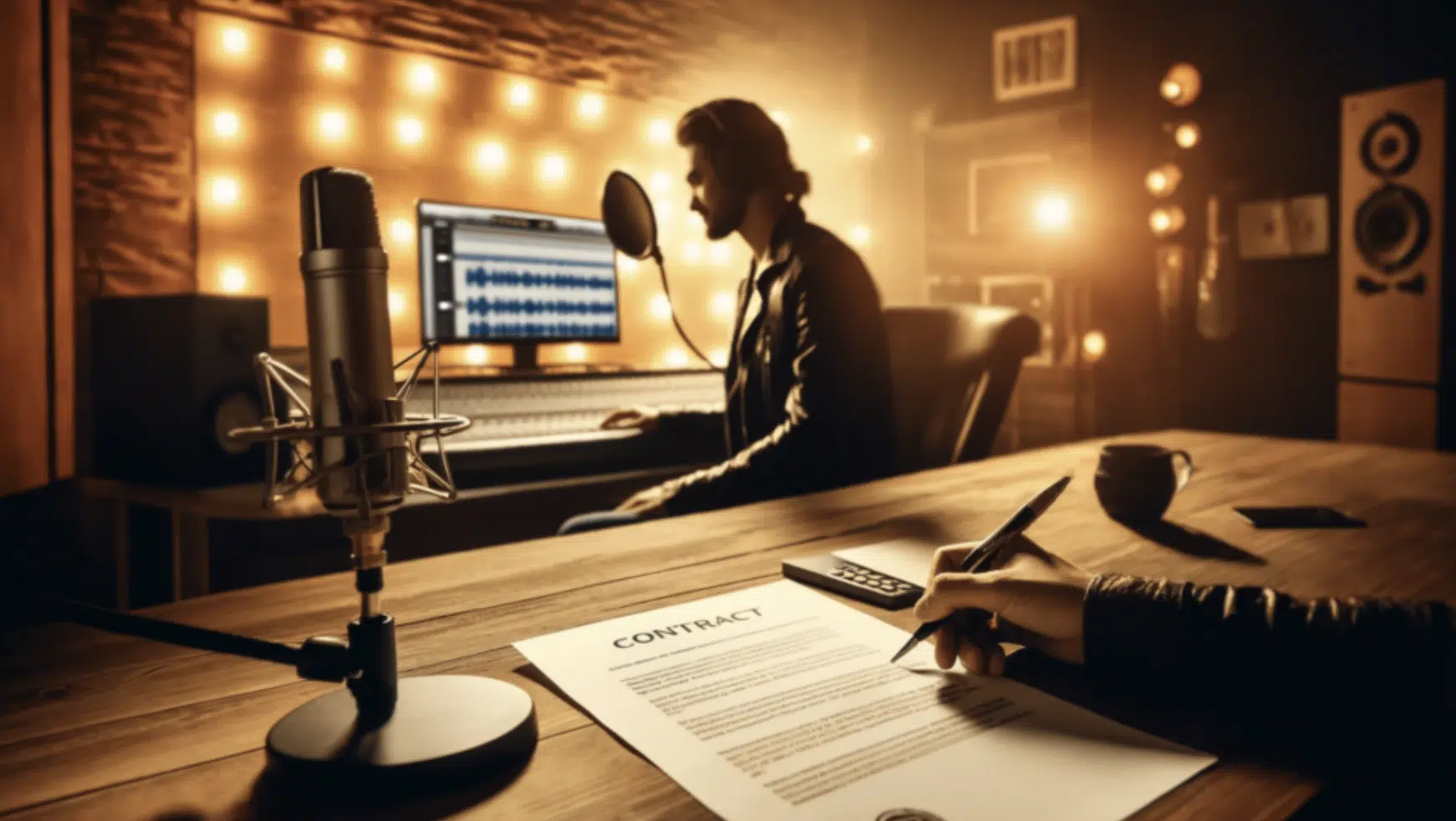
A single-song agreement is a flexible option for artists and producers who might not want to commit to a full publishing deal.
With this type of deal, as the name implies, you sign over the publishing rights for just one specific song to a music publisher.
This can be a great way to test the waters of music publishing without giving up control of your entire catalog.
For example, if you’ve written a song that you believe has potential for sync licensing in commercials/films, you can enter into a single-song agreement to see how it performs.
The music publisher will work to place the song in various media, collect the publishing royalties, and share them with you.
It lets you feel out the effectiveness of a publishing company without a long-term commitment 一 making it an attractive option for many independent artists.
Key Players in Music Publishing
Understanding who’s who in the world of music publishing is everything when it comes to navigating the music industry/music business. The key players involved in music publishing each contribute to the overall process of managing and monetizing your music. Let’s check it out.
-
Artists, Songwriters, and Composers

First things first, at the heart of music publishing are the creators:
- The artists
- The songwriters
- The composers
Whether you’re a performing artist who writes and performs your own songs or a songwriter who ghosts for another recording artist, your role is to create the music that gets published.
For example, if you’re a songwriter who specializes in creating hooks for pop songs, your musical work could be licensed to sound recording artists.
Or, even for use in other media like commercials, film, or video games.
Your musical compositions become intellectual property, and music publishers work to ensure that you get paid whenever your music is used.
As a creator, understanding your rights in the music publishing process is essential for maximizing your earnings and protecting your work.
-
Music Publishers
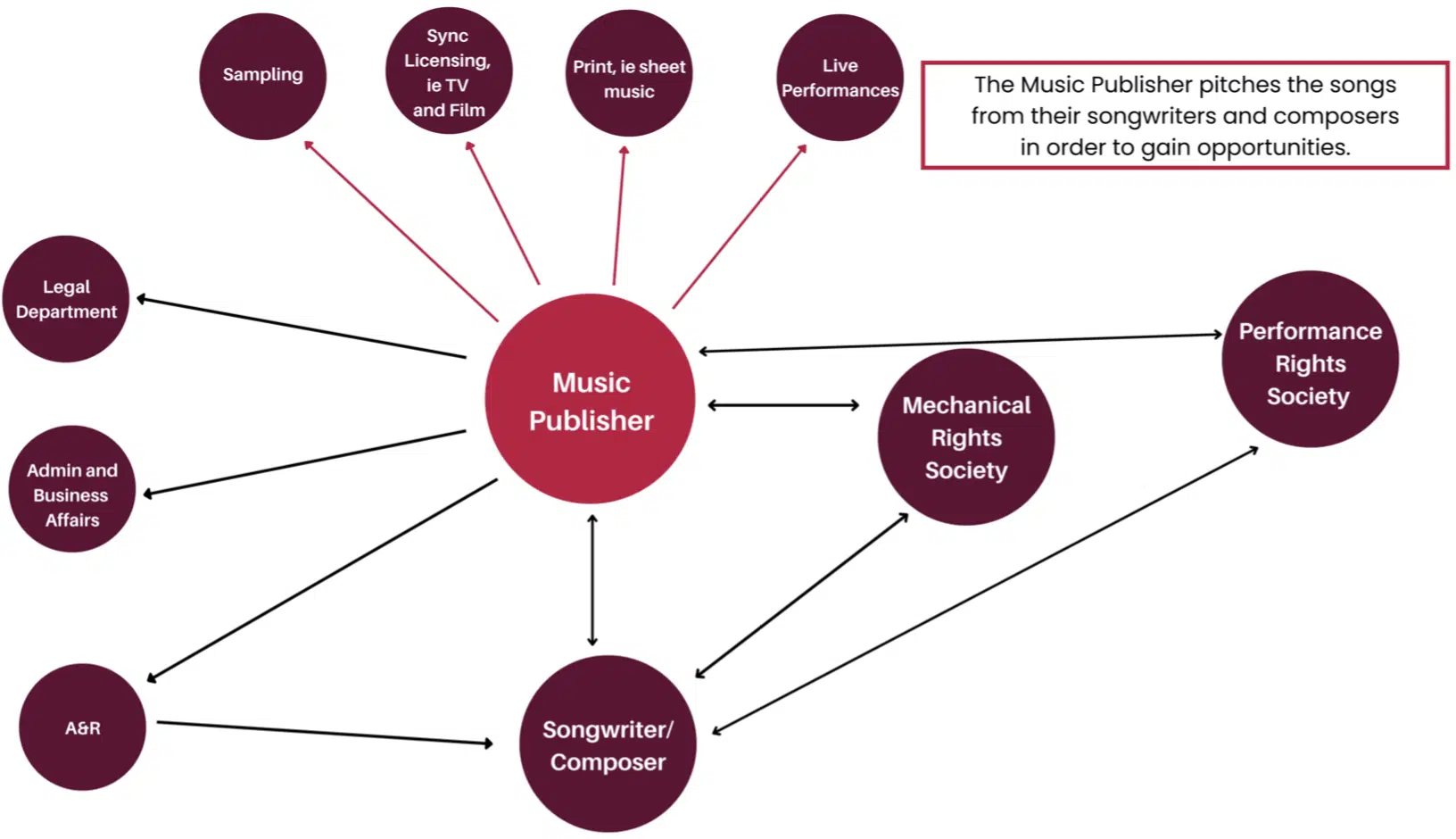
Music publishers are the gatekeepers of the music publishing world.
Their main job is to exploit your music by finding opportunities for it to be used in various media, such as:
- TV shows
- Movies
- Commercials
- Streaming platforms
- Etc.
For example, if you’ve created a track that catches the attention of a music publisher, they might work to secure sync licenses that place your song in a popular Netflix series.
In return, music publishers take a percentage of the publishing royalties generated from these placements, every single time.
Publishers also handle the boring administrative tasks that come with music publishing, such as registering your new songs with a performing rights organization (PROs).
And, of course, their main job: ensuring you collect royalties from all the royalties owed to you.
Working with the right music publisher can seriously boost your visibility and income as an artist or producer in a major way (more than you can do alone).
So, needless to say, it’s essential to choose a publisher who matches with your personal career goals and visions.
-
Performing Rights Organizations (PROs)
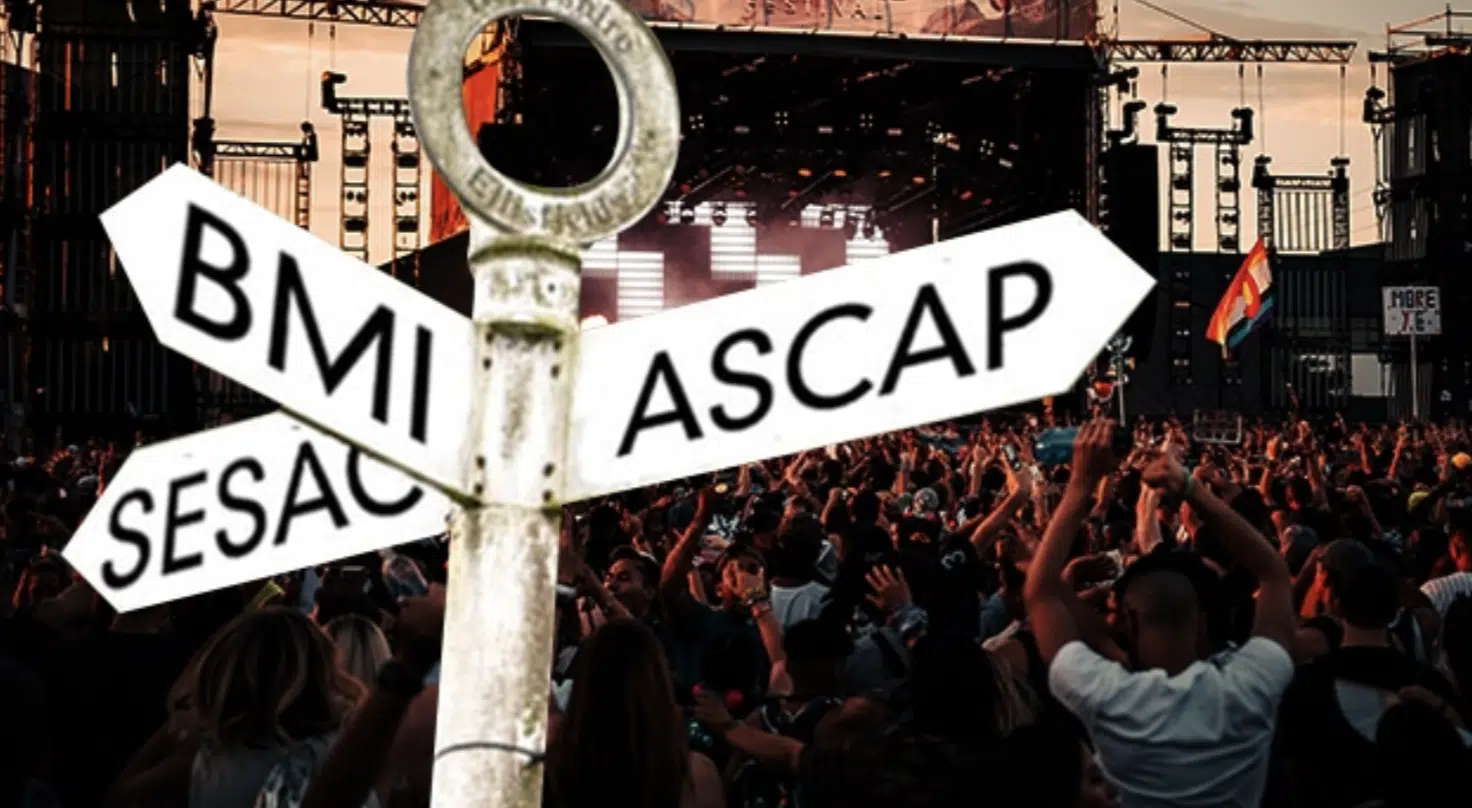
Performing Rights Organizations (PROs) are vital players in the music publishing ecosystem, like:
These top organizations in the United States, help songwriters, composers, and music publishers collect royalties generated from public performances of their music.
Hence the phrase “public performance royalties.”
This includes performances on radio stations, in live performances, on streaming services (for streaming royalties), and even in bars and restaurants.
For example, if your song gets played on the radio or performed at a concert, the PRO ensures that you, as the songwriter or music publisher, receive your share of the public performance royalties.
Registering with a PRO is one of the first steps you should take as a music creator to protect your rights and ensure you’re collecting performance royalties.
NOTE: Performing Rights Organizations also monitor the usage of your music across various platforms and distribute the royalties generated back to you, making them an indispensable part of the music publishing process.
If you want to learn everything about PROs, we’ve got you covered.
Royalties in Music Publishing: Breaking it Down
Royalties are the lifeblood of music publishing, representing the earnings you receive whenever your music is used. There are different types of royalties in music publishing and each is important, so let’s get into it, so you always get paid.
-
Performance Royalties

Performance royalties are one of the most significant revenue streams in music publishing, period.
These royalties are generated every time your music is performed publicly, whether it’s on the radio, in a live concert or club, on streaming platforms like Spotify.
Or, even if your melody is played as background music in a restaurant.
For example, if your song is played on Apple Music, you’re entitled to a portion of the performance royalties collected by your PRO.
These royalties are then distributed to you and your music publisher based on the agreements in place.
Performance royalties are especially important for sound recording artists who regularly have their music played in public settings.
This is because they can add up quickly and become a substantial part of your income, so you don’t want to miss out even on one penny.
To ensure you collect all the royalties due to you, it’s essential to have your music registered with a PRO so they can keep track of where your music is being played.
-
Mechanical Royalties
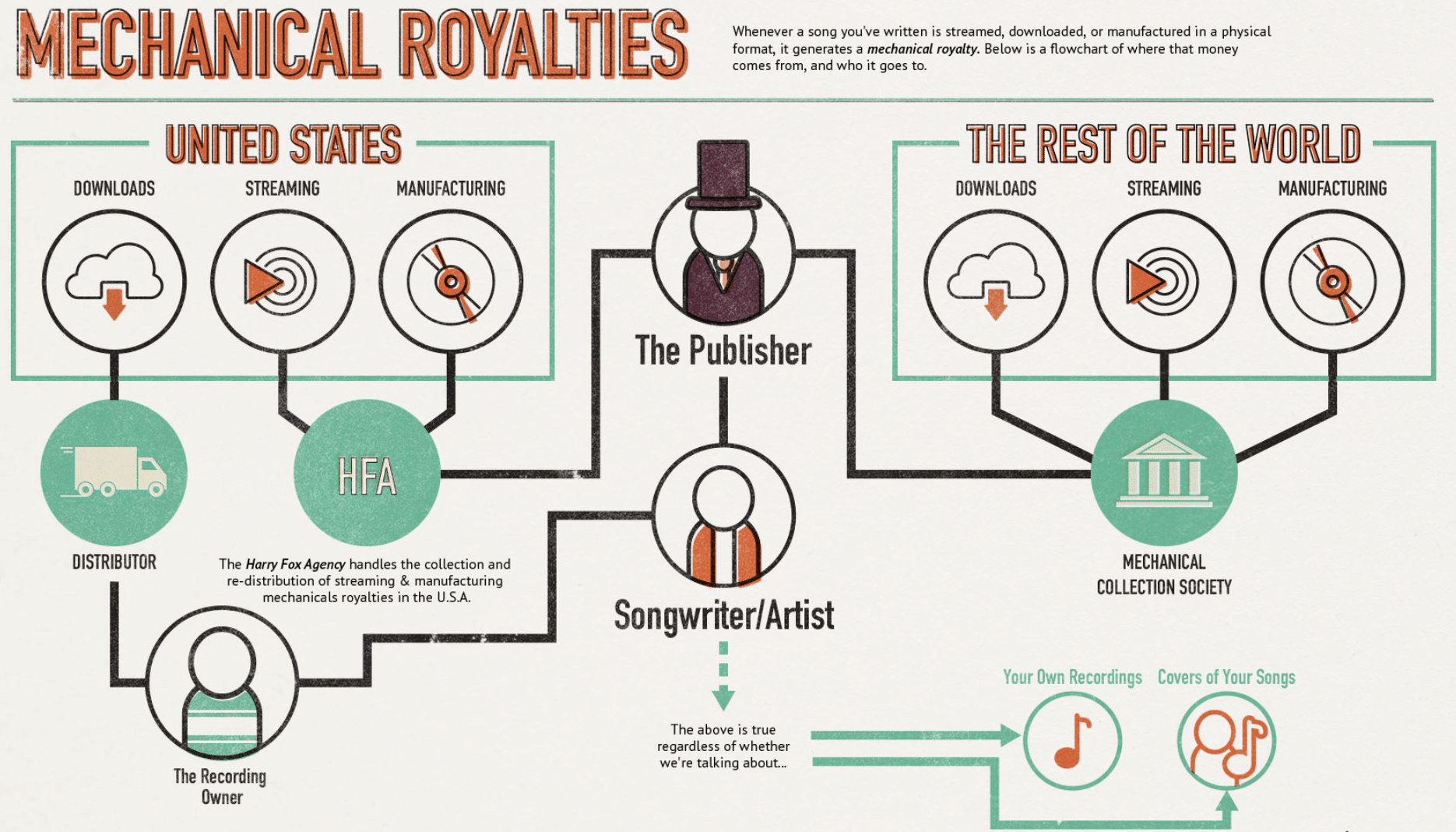
When you’re learning what is music publishing, you’re going to come across mechanical royalties all day.
These royalties are generated every time your music is reproduced, whether it’s through the sale of physical copies like CDs and vinyl or digital downloads and streams.
And yes, CDs, EPs, and LPs are actually still a thing believe it or not.
For example, if your song is streamed on a platform like SoundCloud, a mechanical royalty is generated for each play.
Then, both you and your music publisher are entitled to a share of those royalties.
NOTE: Mechanical royalties also come into play when your sheet music is sold or when your song is covered by other artists and released.
Music publishing companies often take on the responsibility of collecting mechanical royalties on your behalf, just like the other types.
So, whenever your music is reproduced, you’ll get your fair cut.
For independent artists who self-publish, it’s important to understand the process of collecting mechanical royalties to maximize your earnings, so don’t forget that.
-
Synchronization Royalties
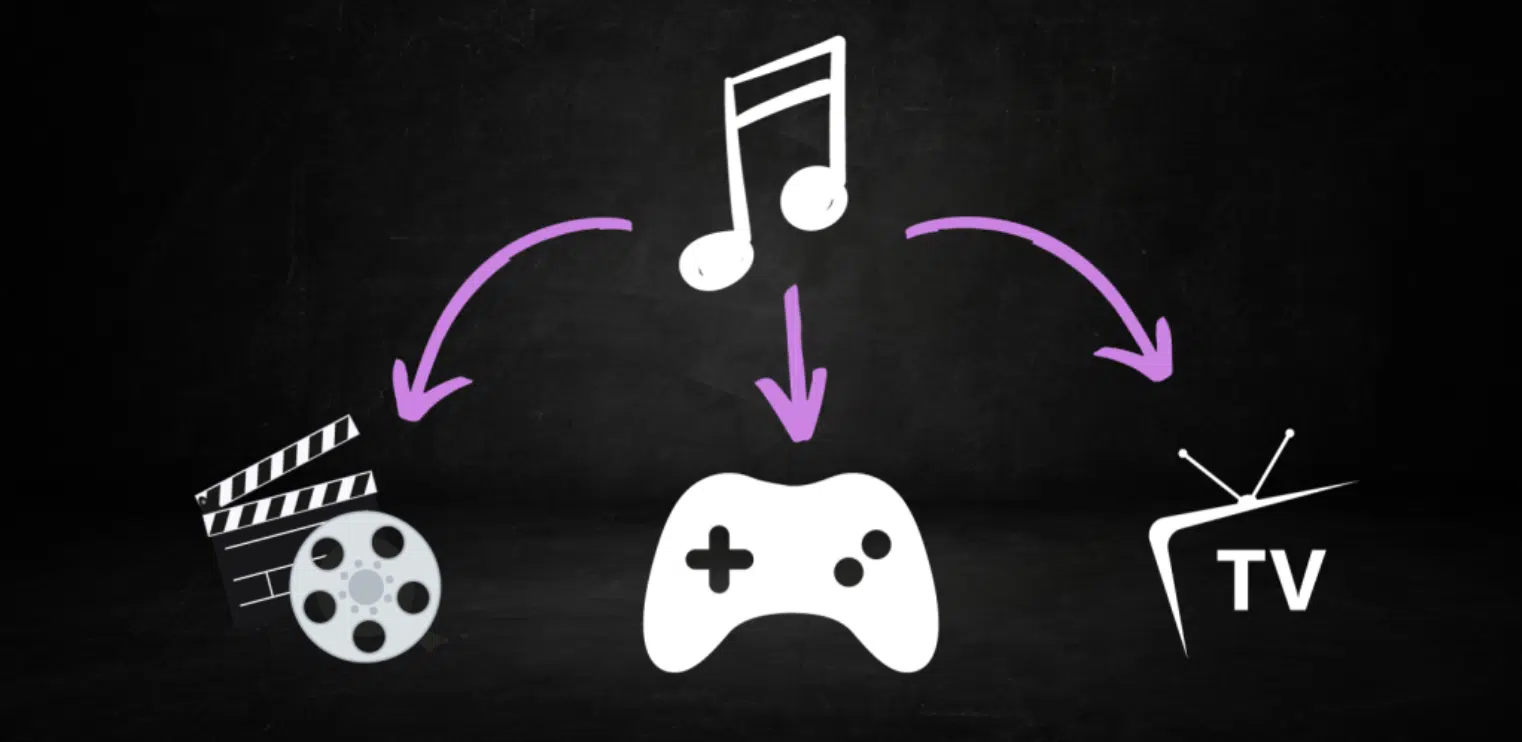
Synchronization royalties, or sync royalties, are earned when your music is used in sync with visual media, such as movies, TV shows, commercials, video games, or online content.
Sync licensing can be incredibly lucrative, as the fees for placing a song in a high-profile commercial or movie can be huge.
For example, if one of your tracks is selected for a major car commercial, you’ll earn synchronization royalties, which are split between you and your music publisher.
These royalties are paid in addition to any other royalties you might earn from the public performance of the song 一 making sync licensing a valuable income stream.
Sync royalties are especially important for independent artists looking to break into the mainstream, as a well-placed sync can lead to big-time (even viral) exposure and additional opportunities in the music industry.
-
Pro Tip: How to Maximize Your Royalty Earnings
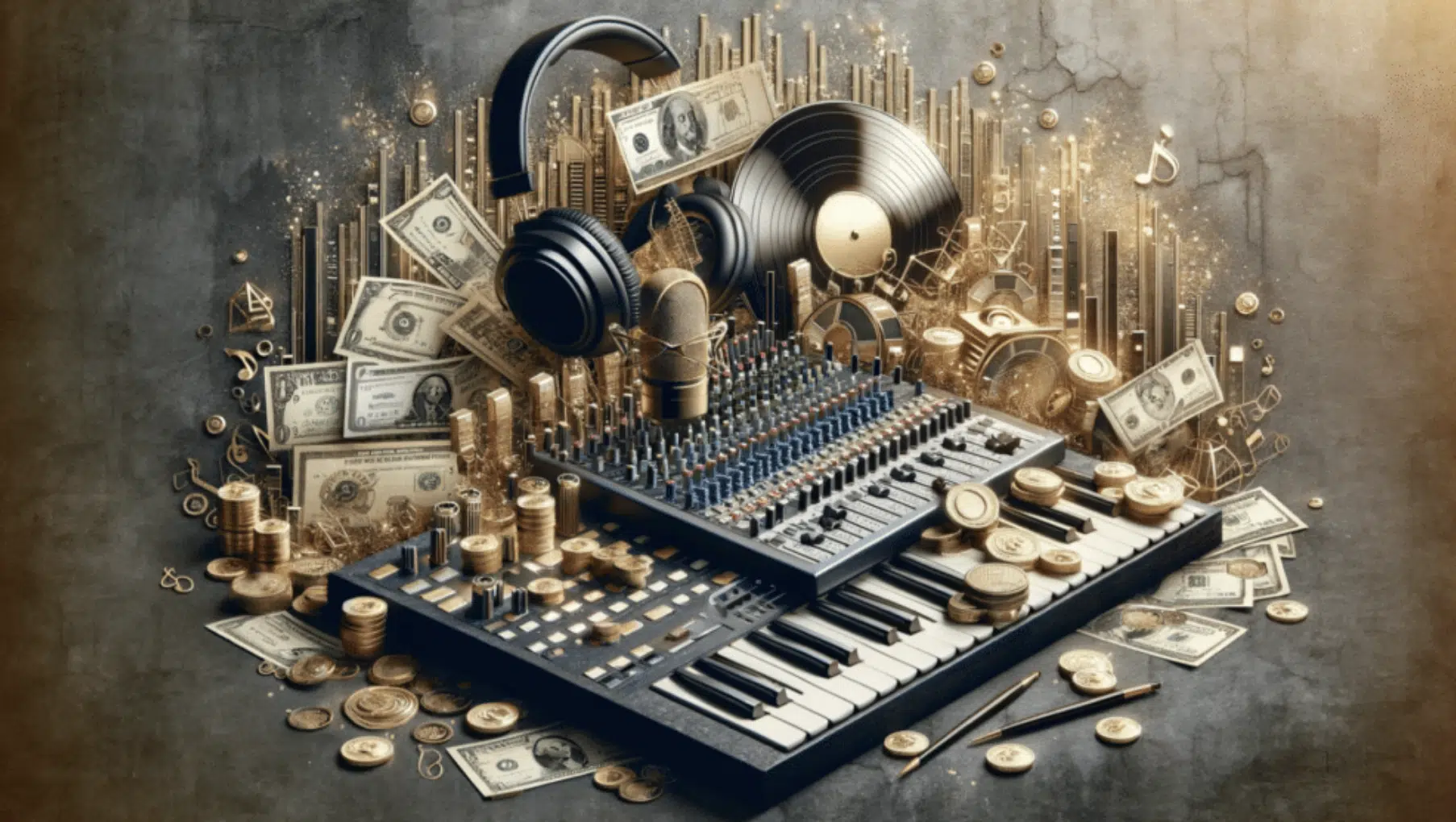
Maximizing your royalty earnings requires a super strategic approach to how you handle your music publishing (and remember it doesn’t happen overnight).
First, make sure every one of your songs is properly registered with a performing rights organization (PRO) as we talked about.
And, that you have agreements in place to collect mechanical royalties from all applicable sources.
Also, consider diversifying your revenue streams by actively pursuing sync licensing opportunities and exploring co-publishing deals.
Especially ones that allow you to retain more of your publishing rights.
Remember, the more proactive you are in managing your publishing rights and royalties, the more income you can generate from your music, which is what it’s all about.
Copyrights and Music Publishing
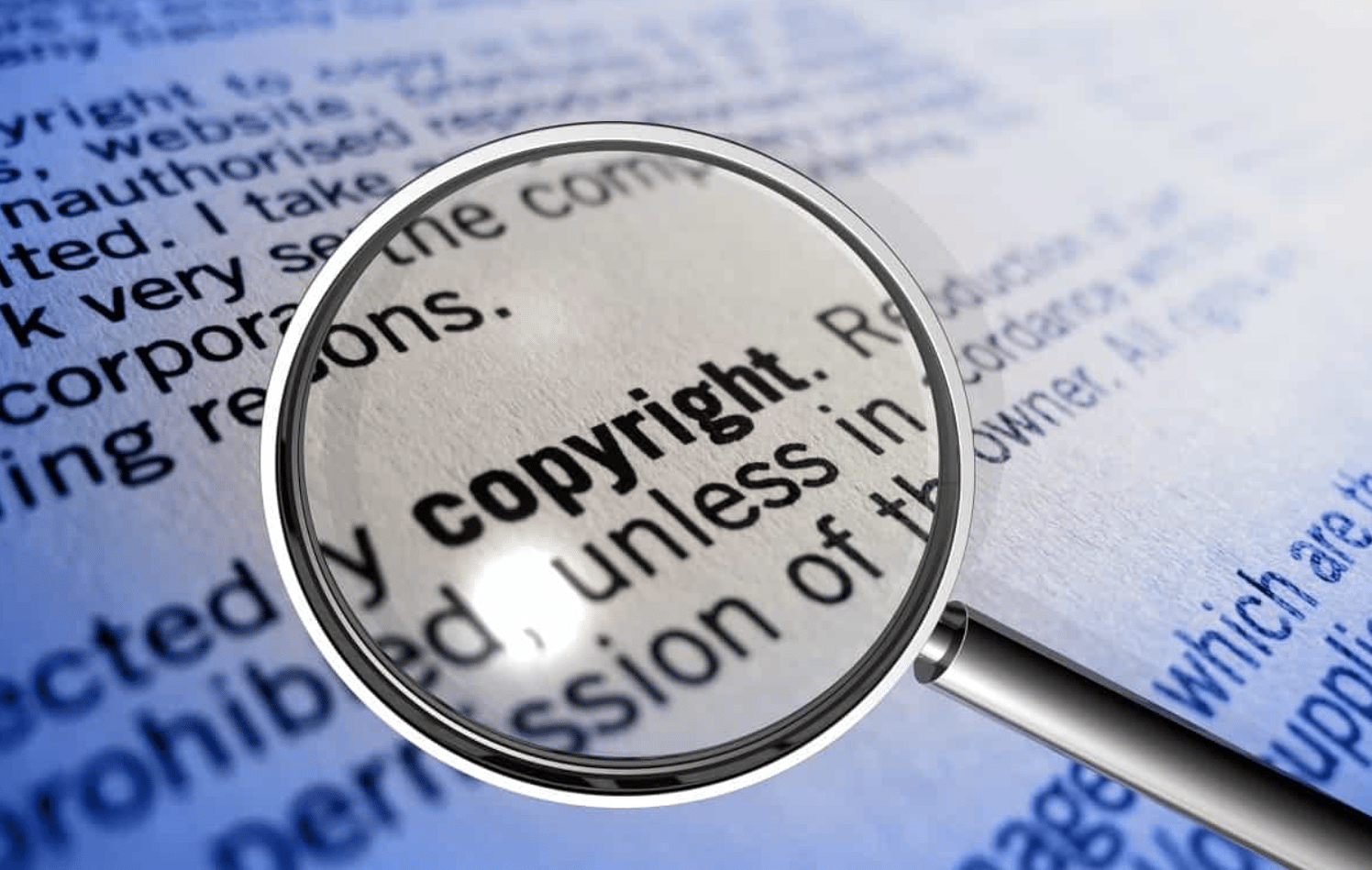
In today’s digital age, copyright remains the foundation of music publishing, safeguarding your music as intellectual property across all digital platforms.
When you create a piece of music, whether it’s a beat, a song, or a full composition, you automatically hold the copyright to that work.
Registering your copyright with the U.S. Copyright Office, or a similar entity in your country, provides the legal backing you need to enforce your rights in the digital realm.
This is super important in a world where your music can be streamed, downloaded, and shared globally within seconds.
For instance, if someone uses your track in a YouTube video or as background music on a streaming platform without permission, having a registered music copyright allows you to take legal action and claim royalties.
Which, believe me, when it constantly happens, you’re going to want to do.
Music publishers today are well-versed in digital rights management (DRM).
This simply ensures that your music is protected and that all royalties generated from digital services are accurately collected.
Without proper music copyright registration, you risk losing control of your music, especially when it comes to sync licensing deals, digital streams, and online content.
In an industry where everything moves at lightning speed, securing your copyrights digitally is essential for protecting your music and maximizing your earnings.
-
Pro Tip: How to Choose a Music Publisher
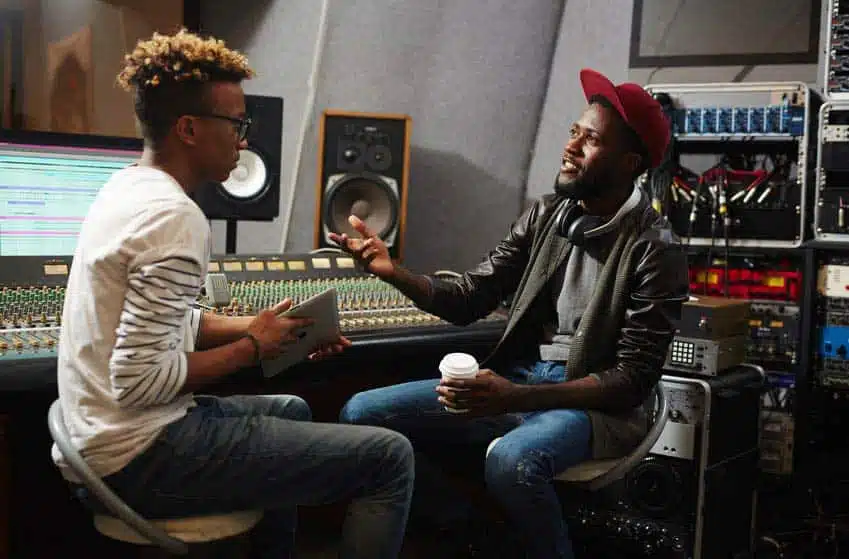
Choosing the right music publisher can make or break your career as a producer or artist and it’s the key to understanding what is music publishing.
Whether you’re signing with a record label with other recording artists or just need to know about music licensing or even international royalties, they can help.
First, research publishers who specialize in your genre and have a track record of successfully placing music in the types of media you’re targeting.
This could be film producers or maybe they’re an interactive streaming service expert (whatever you’re shooting for).
It’s also super important to look at the terms of the publishing deal they’re offering, like a:
- Traditional publishing deal
- Co-publishing deal
- Administration deal
And, of course, how much control you’ll retain over your publishing rights.
For example, a publisher who has strong connections with sync licensing opportunities might be a better fit if you’re looking to get your music into TV shows or commercials.
Always ask about their approach to collecting royalties (e.g., performance royalties and mechanical royalties) to ensure they have the infrastructure to get you the most money.
Bonus: Self-Publishing vs. Traditional Publishing
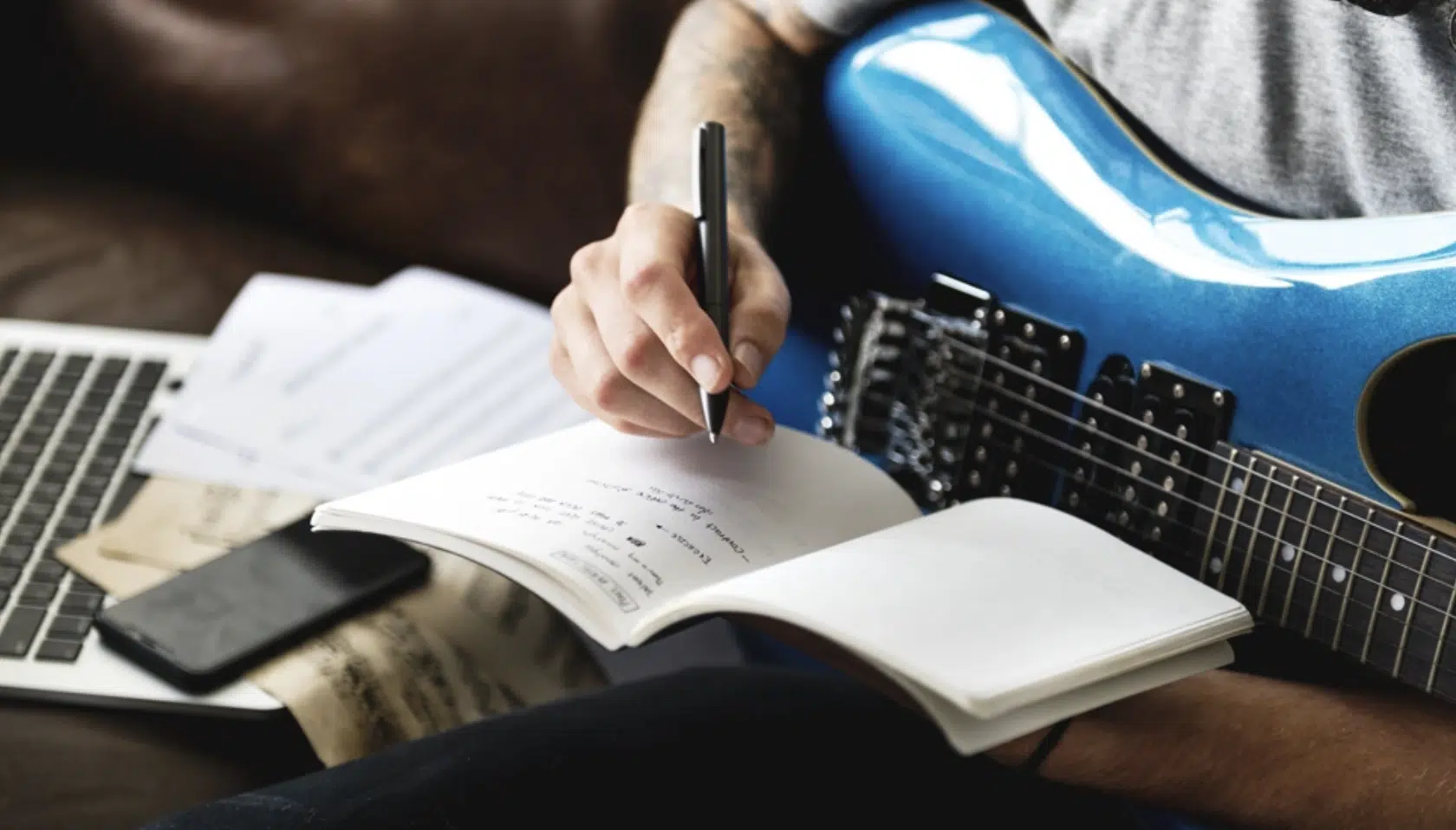
The choice between self-publishing and traditional publishing comes down to control, resources, and your long-term goals as an artist/musician.
Self-publishing allows you to maintain full control over your music and keep 100% of your publishing rights.
But, it also requires you to handle all the administrative tasks 一 from registering with performing rights organizations to collecting mechanical royalties.
Traditional publishing, on the other hand, provides you with the support of a music publishing companies that can take care of these details and promote your music.
As well as secure licensing deals on your behalf.
For example, if you’re an independent musician with a growing fan base, self-publishing might be the best way to retain creative control and enhance your income.
However, if you’re looking to break into larger markets or need help navigating the complexities of the music business, partnering with a traditional music publisher could provide the resources and industry connections you’ll need.
Understanding the pros and cons of each option will help you make the best decision for your artist’s career, bottom line.
What is Music Publishing: Final Thoughts
Understanding “what is music publishing” is super important for any artist or producer who wants to thrive in today’s music industry.
It’s all about protecting your music, maximizing your royalties, and ensuring your tracks are used to their full potential.
But when you’re looking to create without the hassle of dealing with royalties or copyright issues, you’ll need free packs that are 100% royalty/copyright-free.
Make sure to click that link if you’re looking for thousands of free sounds that were all created by top industry professionals.
From basslines and melodies to genre-specific packs that will blow your mind, they’re all there, I promise you.
You can use them in your tracks without worrying about any legal complications, so you can focus on your creativity and knocking out tracks all day.
By mastering the ins and outs of music publishing, you’ll be better equipped to navigate the industry and ensure your music reaches its fullest potential.
Remember, the more you know about protecting and monetizing your work, the more successful your career as a producer or artist will be.
Until next time…






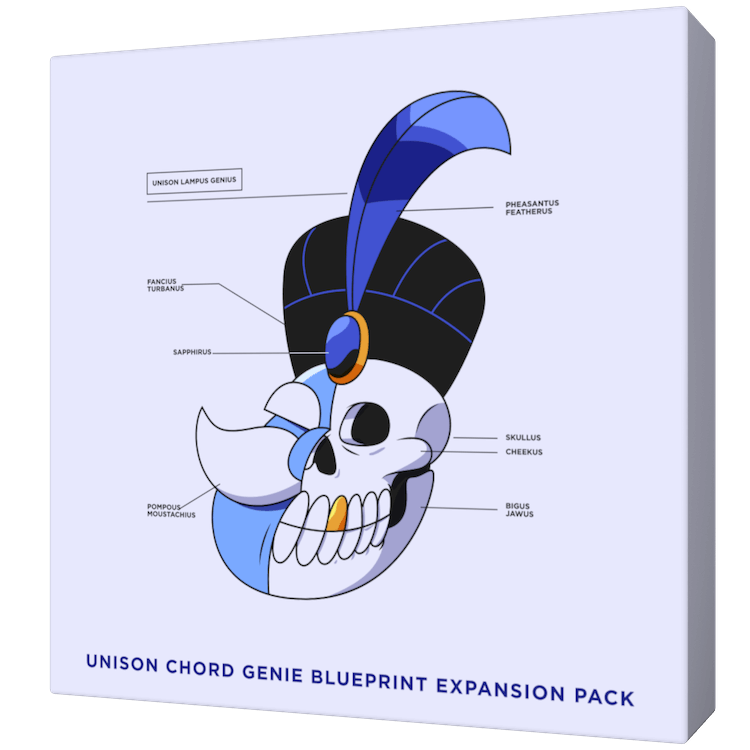
Leave a Reply
You must belogged in to post a comment.